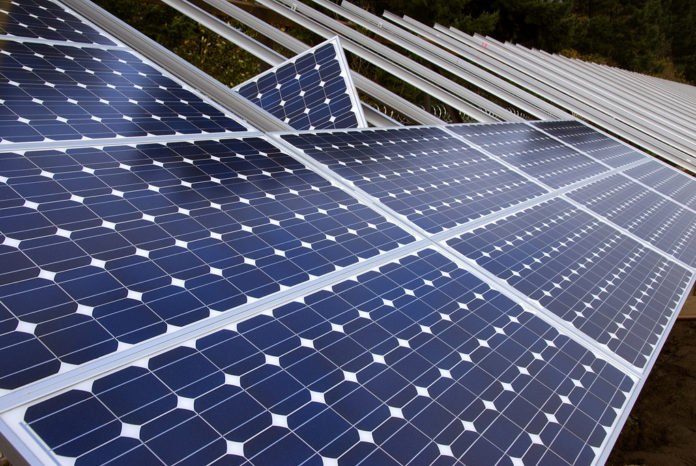FAISALABAD (ABC): The Punjab government’s decision to provide people with subsidised solar panels will help boost various businesses, particularly the agriculture sector.
Zafar Ali, an electrician by profession, told Wealthpk that it was heartening to know that the Punjab government was going to promote the solar power in the province by providing the solar plates to households and businesses. He said the move would ensure cheap electricity for consumers.
“As an electrician, I frequently visit homes to fix faults. Many households are facing the brunt of the high cost of electricity. They are struggling to ensure food for their children after paying the hefty power bills,” he remarked.
Immediately after assuming power, Chief Minister Maryam Nawaz announced a plan to provide solar panels to people consuming 300 or fewer units of electricity per month.
During her maiden speech in the Punjab Assembly, she said, “I am working on a plan to provide solar panels in installments to the consumers using up to 300 or below units of electricity.”
Zafar Ali urged the government also to ensure the availability of materials like wires, switches, stands, batteries and other allied components for installation of solar systems at affordable rates.
The province’s agriculture sector also stands to benefit from the project.
Chaudhry Asim Rafique, Director of Irrigation Reform, Faisalabad Division, said that the government would promote installation of solar-energised tubewells for irrigating croplands. He said the facility would benefit the agriculture sector and help farmers reduce their input costs.
He said the government was working to shift all tubewells on solar system.
Rukhsana Bibi, a widow and mother of six daughters, recalled that during Shehbaz Sharif’s tenure as the chief executive of the province, solar plates were provided to students in 10th grade. “My son also got a solar plate, which lights a bulb and a table fan in my house,” she said. “A small battery has been connected to the solar plate to store energy for the light bulb at night. I have to purchase a new battery this year as the old one is not functioning efficiently,” she said.
Muhammad Irfan, a doctor at a state-run hospital, said people were ready to make significant investments in the solar energy business if the government agreed to purchase electricity from them or allow its local sale.
He emphasised that empowering private energy producers would greatly help the government save precious money spent on purchasing costly fuels to generate electricity.
“Faisalabad, a hub of industry, requires plenty of power for its small and big industrial units, and provision of solar energy will enable such units to reduce their expenses,” Tariq Mehmood, a paper factory owner, told WealthPK.
He said that people in Pakistan have invested substantial amounts in multiple sources to keep their machinery energised, resulting in significant monthly costs.
However, he said manufacturing solar panels in Pakistan could be a game changer for the country.
Up to now, he said the prices of solar panels and other allied materials were excessively high, making them unaffordable for common man.
Mehmood said that the establishment of solar panel manufacturing units in Pakistan, particularly in Faisalabad, could lead to job creation and a significant reduction in the prices of these materials.

